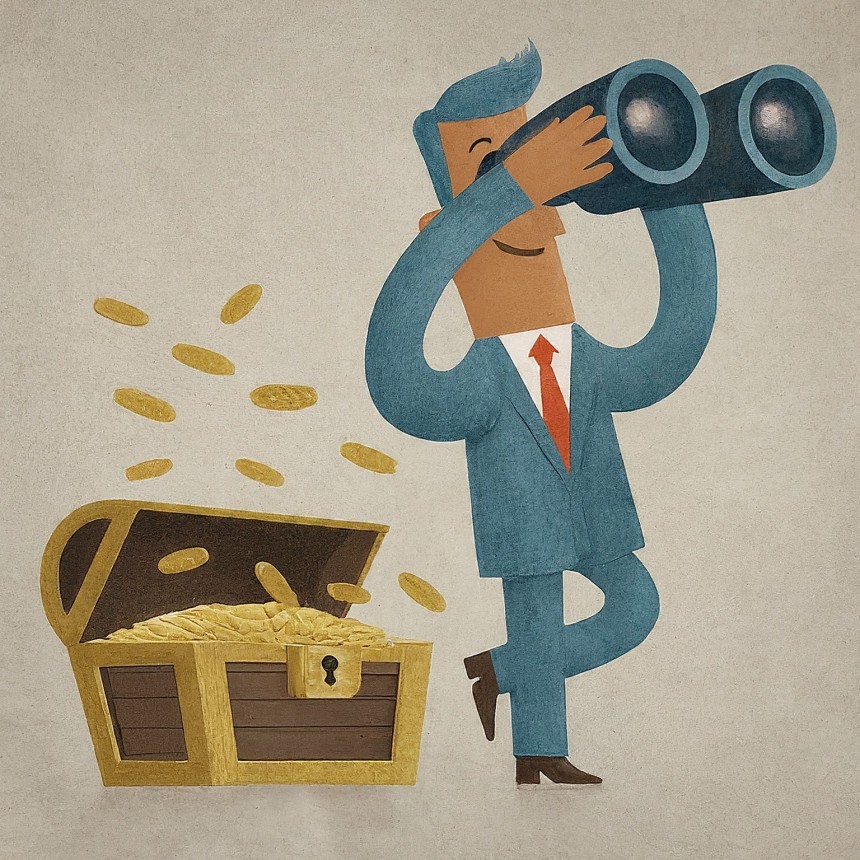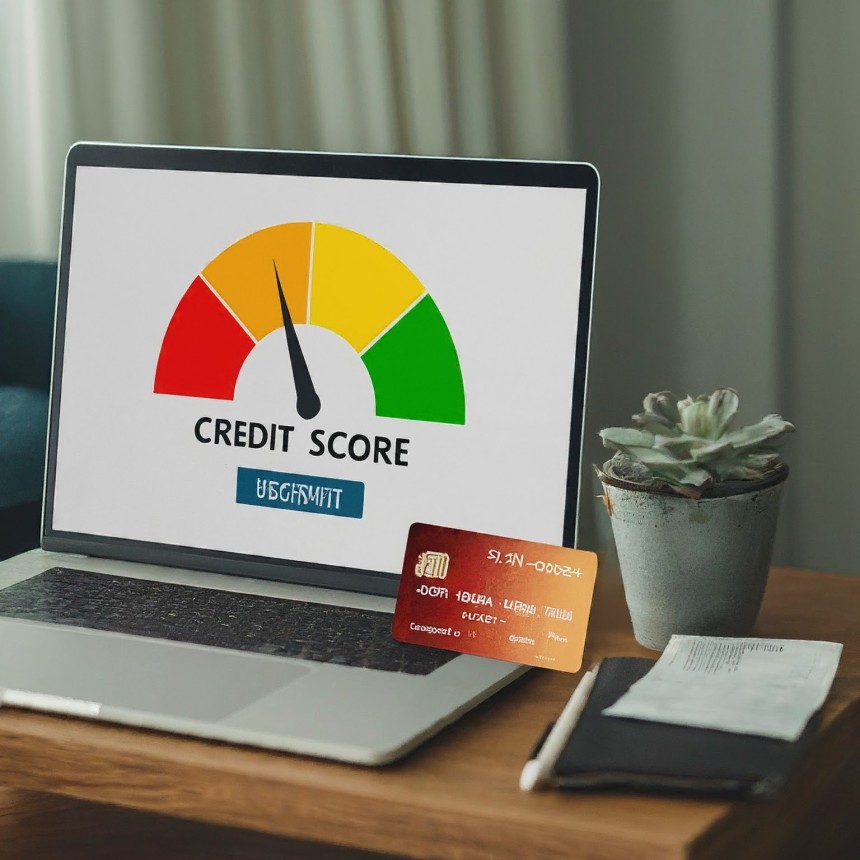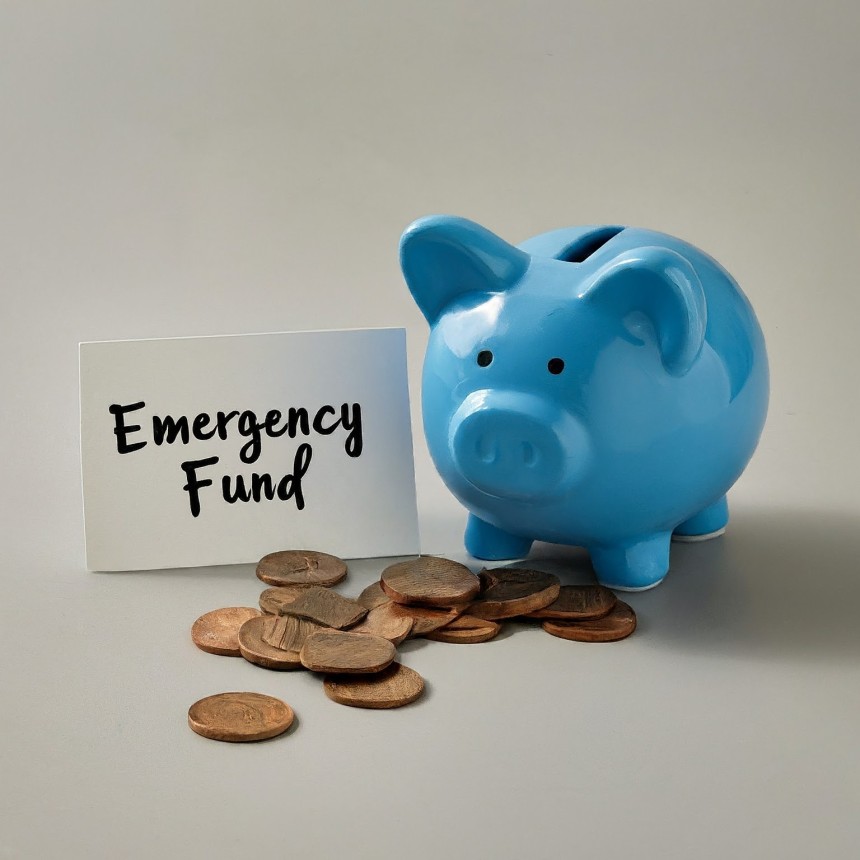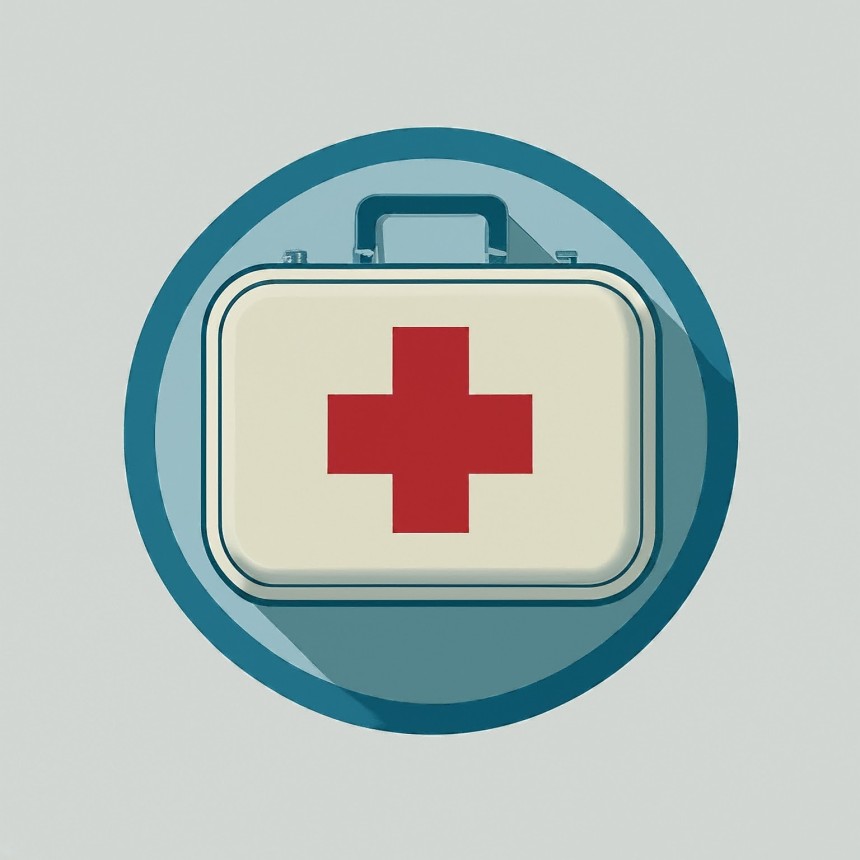
Financial Goals: 10 Money Goals to Reach Before 30
Your twenties are a time of big changes and new experiences. It's also the perfect time to start building a strong financial future. Many people think they can wait to focus on money later, but starting early makes a huge difference in the long run.
In this blog, we'll talk about the important financial goals you should aim to reach before you turn 30. From saving for emergencies to making smart investments, these steps will help you feel secure and set you up for future success. Whether you're just beginning your career or already moving forward, it's never too soon to take charge of your finances.
Here you go !
1. Independent of Parents

No longer dependent on your parents. I don't think anyone in their 30s or older should be dependent on living with their parents.
A situation where someone who, despite having the financial means and ability to live independently, voluntarily chooses to continue living with and being dependent on their parents. This could be for reasons like emotional comfort, cultural norms, family support, or convenience, even though they are capable of affording their own place or living separately. You should absolutely be free of your parents by the time you're 30. There are many reasons for this but the biggest one is that the parents end up becoming enablers of a lifestyle that the child may or may not actually be able to afford.
Example: Let's pretend David is a 29 year old, still living with his parents and makes $50,000 a year. After taxes if his parents still take care of him, cell phone rent and one meal a day. This can lead to David thinking, he can live a lifestyle much greater than he can actually afford.
If his cellphone is 50 bucks a month. His potential rent that he's saving is 1500 bucks a month for example. And his mom cooking for him one meal a day is 300 bucks for 30 days. This is 1850 bucks a month in savings or a total of 22 dollars for the year. This is an after tax bonus of 44.4% or more when compared to his fifty thousand dollar a year net earnings. Now, if David is living at home to pay off student debt. If he's leading a lifestyle that is 44.4 percent higher. If he wasn't living with his parents or being dependent on them.
So, this was just a simple mathematical example. Not to mention all the other non-tangible character qualities one gains when they are truly self-sufficient. Also your goal as a kid should not be to be a pain in the butt financially for your parents who have worked their entire lives to raise you. You should be the one providing for them.
2. Established Income, Career or Business

By the time you're 30 you should have some idea of what you want to be when you grow up. A lot of us go to college and pursue empty degrees or degrees with low rois or we had no guidance early on in life and just started working a job. A job stands for just over broke.
You need to start thinking strategically and play chess not checkers with your career. You need to establish some sort of income whether it's through a career or through a business or a combination of both via a side hustle.
Because this is the only true way to progress and lift yourself up out of the poverty line or even middle class to a higher class lifestyle. The worst thing you can do to yourself is make lateral moves in your career or lateral moves in your income or in business. I highly suggest that you job hop and increase your income along the way. Stay in jobs for two three years, crush it and then either get paid more or start working with recruiters to find you better paying jobs. This is the fastest and easiest way to progress throughout your career. Avoid the lateral moves at all costs.
3. Paid Off Student Loans

Number three is paid off student loans. So, if you graduate in your early 20s. Your student loans should be paid off by a time you're 30 whether it's through your own personal financial discipline or through some sort of career forgiveness program. You should not have student loans in your 30s unless you went for a super specialized field such as a doctor. You graduated in your mid to late 20s and incurred hundreds of thousands of dollars of student loans. This is the only scenario that you will be lenient on too many people.
Forego paying off their student loans or simply paying the minimum and they're getting crushed by that four, five, six, seven percent interest rate. Remember whenever you pay off a fixed interest rate you are making a guaranteed tax-free rate of return of whatever percentage amount that is.
Example:If you have ten thousand dollars in credit card debt at a 25 interest rate and ten thousand dollars in student loans at a six percent interest rate. Which one are you going to pay off first? Obviously the credit card debt because you're making a guaranteed rate of return of 25 by paying off that amount.
Now if someone gave you an investment opportunity with a guaranteed 5 rate of return with the maximum investment amount often thousand dollars. And your student loans were ten thousand dollars at six percent interest which one would you put your money into first? Obviously the student loans. So, get the student loan monkey off your back as soon as reasonably possible and become one step closer to freedom.
4. Tracking Net Worth

Tracking and understanding your net worth. If you aren't tracking and understanding your net worth you are simply running on a treadmill with no goal. Insight you need to think of your net worth as a pie, okay? This is your crude pie right here. Networth is simply assets minus liabilities. Think of your pie as your total net worth and each slice of that pie is a different asset class.
Example: Your net worth is broken down into cash stocks, bonds, real estate, precious metals, crypto, collectible cars and other business interests. You then assign certain percentages or weights to each one of these asset classes depending on your interest or conviction in them. You simply track your net worth every month with your wife to figure out what percentage of these assets make up your net worth.
So, this exercise takes literally 10 minutes a month and it allows you to understand if you are overweight or underweight in a certain asset, class or slice, okay?
You can use something like a net worth calculator. It would keep track of your net worth and tell you exactly what percentage of your net worth are incertain assets. When you're overweight you can adjust. When you're underweight you can adjust. What gets measured, gets managed.
5. Pay off Credit card/ Consumer Debt

If you have credit card debt in your 30s you are doing something wrong there are only three reasons why you should have credit card debt in your 30s:
- You went the college route and you accumulated a lot of credit card debt during college to buy books, food and other living expenses that come with higher education.
- You don't earn enough income or don't have an emergency fund so you're quite literally living paycheck to paycheck using a credit card as a crutch.
- You're a typical consumer. This is you right here, that's you right there, that's a sheep. You're a typical consumer. You're undisciplined with your money but you just can't help yourself because amazon prime and tj maxx feels so good. You just love clicking that buy it now button.
it's time to reevaluate the step and understand exactly how much you have, coming in versus going out. If you see that you're going out categories much higher than your coming in category. Congratulations you'll be a debt slave for the rest of your life.
I'm not against credit cards at all. Infact I think credit cards are great if you have the discipline to use them. 45 percent of americans don't carry a credit card balance and they pay off their credit cards on time every month. Incurring zero percent interest. If you choose to carry a credit card, be the person in the 45 percent not the 55 percent ,if you live in the united states.
6. Have a 740 Credit Score

Have a 740 credit score or higher. Whether for good or bad your credit score is one of the most important numbers especially if you live in the united states. Your credit score can either save you a lot of money or cost you a lot of money. You should aim to have a credit score of 740 or better preferably 800 or better.
Example: Let's take a look at a simple scenario of someone who wants to buy a house and needs to get a mortgage. Two people want to buy a $300,000 house, okay? And both have 20 down ready to go. One of these people is a 620 credit score. The other is an 800 plus credit score. The bank is obviously going to give these two people the loan.
However they will be done at a different rate. The person with the lower credit score is obviously perceived to be a higher risk which means the bank needs to be compensated for that risk in the form of a higher rate mortgage.
So, here's the math the 620 credit score will get a 30-year fixed at 5.8 percent, okay? The 800 credit score will get 30-year fixed at 4.1, okay? So, the 620 credit score will pay 1773 a month with a total of 266,953 in interest over the life of the loan. 267 just for easy numbers.
The 800 credit score will pay a 1525.00 with a total of 177,482 dollars in interest over the life of the loan. 178 for easy numbers. So, you can see the difference right here.
Just by having a better credit score the person saved $89,471 over the life of this loan. And interest they also have a $250 a month smaller payment. This 250 a month payment could easily be used to fund.
7. Three Months Emergency Fund

So, when building a skyscraper you must start with the strong foundation. Even if you have consumer debt or credit card debt. I think it's important to establish an emergency fund. This will be your own personal buffer or insurance plan against life flat tire. By time you're 30 you should have at least three months of expenses saved away. In some sort of emergency fund whether this is under your mattress in cash or a savings or money market account. This money should be somewhere, where you can access it quickly. This money should not be tied up in investments or stocks.
Suggestions:
- If you are single and don't have any dependents then three months is fine.
- If you're someone that is 100 commission sales role or in a career filled with high turnover or a business owner then you should have at least 6 to 12 months of an emergency fund.
- If you have dependents or children and you are the sole breadwinner then you should have at least six months emergency fund.
8. Automate Your Finances
Automate your finances not budget. People can't stick to a budget because budgets are just like diets. We are human and we are bound to break the diet at some point.
The easiest way to budget without actual budgeting is to understand what your monthly net income is versus your average monthly expenses. Dollars in dollars out. Once you get a fair understanding of what your monthly income is versus your monthly expenses. Figure out what the surplus is and every month automate it into different categories. So, you know exactly how much money you make every month. You have a good idea of how much money you spend every month.
So, you can categorize and automate your savings into buckets and you pay yourself first. You can have
- An investment bucket
- A savings bucket
- Emergency bucket
- Travel bucket
- A car bucket
- A house bucket
These buckets are self-explanatory for what they're for. They're simple, if you don't have enough money in the travel bucket then you either wait to take a vacation or adjust accordingly based on what's in the bucket. So, by the time you're 30 you should absolutely automate your finances to pay yourself first. This will allow you to understand what you can truly afford.
9. Contributing to Retirement

Contributing to your retirement this should go without mentioning. But by the time you're 30 you should already have an established retirement account. If you're a business owner or solo entrepreneur, time is on your side when you start investing. 30 is the age when you start to get at a slight disadvantage.
Example: You have Sofie who's 20. So, if you can't see
this. This is just the number 20. And then you have David who is 30 years old. Both contribute the same amount of money towards their retirement but Sofie started at 20 and David started at 30. Both Sofie and David are going to retire at 60 years old. This gives Sofie 40 years to invest. This gives David 30 years to invest.
Assume that they both they'll both invest 500 a month. During this exercise and that both of their portfolios earn exactly a 7% rate of return. This is what Sofie finishes with she's going to be 60 with 1,235,771 dollars.
David will probably be, you know million bucks somewhere around there. Right this is what David finishes with. He finishes with 584,726 dollars. So, those ten years doubled the amount of money. Sofie has over David with the same exact rate of return.
10. Good Health

Number 10 is getting into physical and mental shape. This has nothing to do with finance but it has everything to do with finance and life overall. When you start to get into your 30s this is when your body starts slowing down in metabolism, testosterone. If you're a man and your overall youth. If you let it your 30s are still the time when you can maintain or reclaim your youth through a healthy diet and exercise. It only gets harder from here. All it takes is about 20 minutes of cardio a day, a healthy diet and maybe some calisthenics or weightlifting to stay in decent shape.
To be a good investor you need to stay sharp and you need to stay in touch with what's going on in the world. This is achieved through reading reading is just like working out but for your brain. You're on the pulse. You're on the heartbeat of everything going on.
I know this last one had nothing to do with finances but think about it if you get sick you don't have a job. You don't have health insurance. You're filing for bankruptcy that's the way the system works right.
________________________________________________________Thank you !





